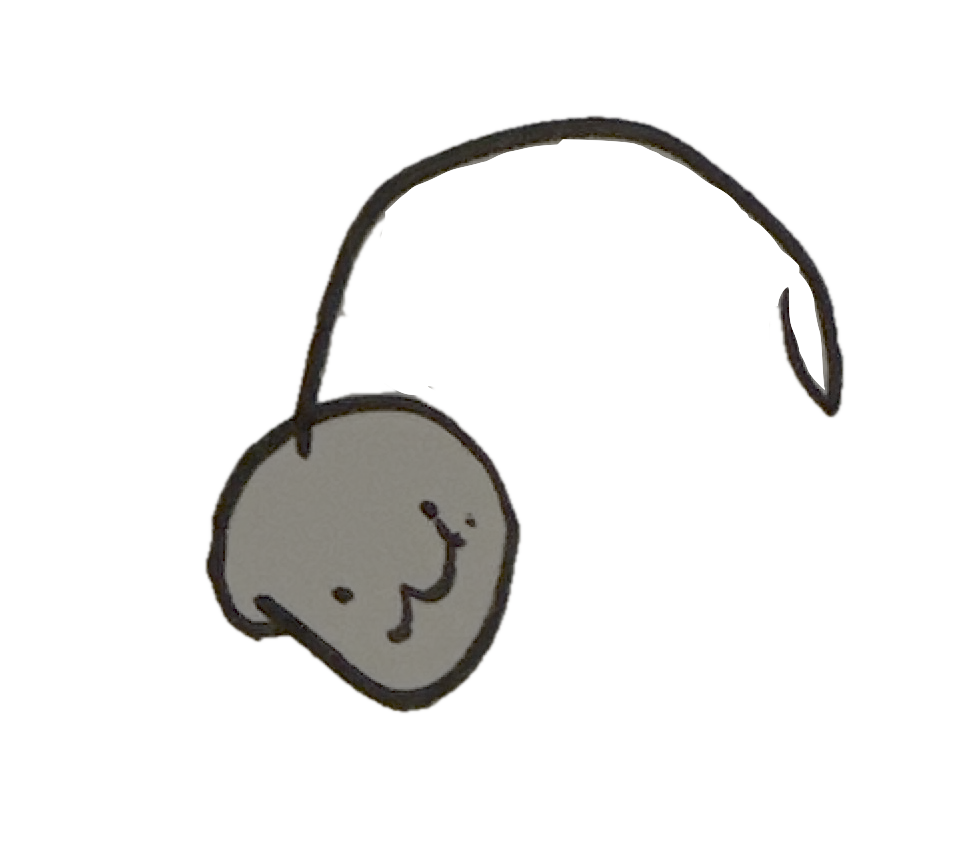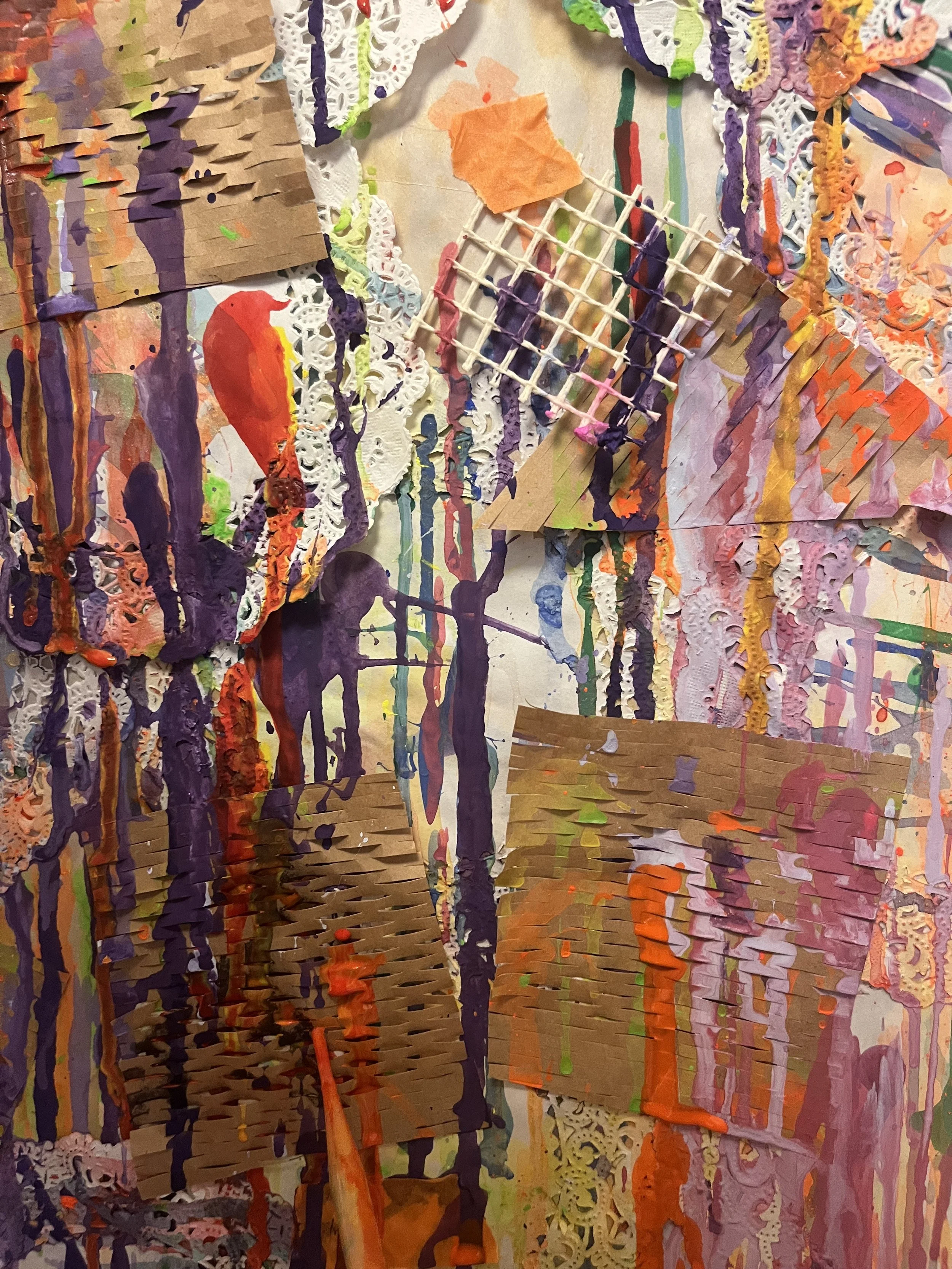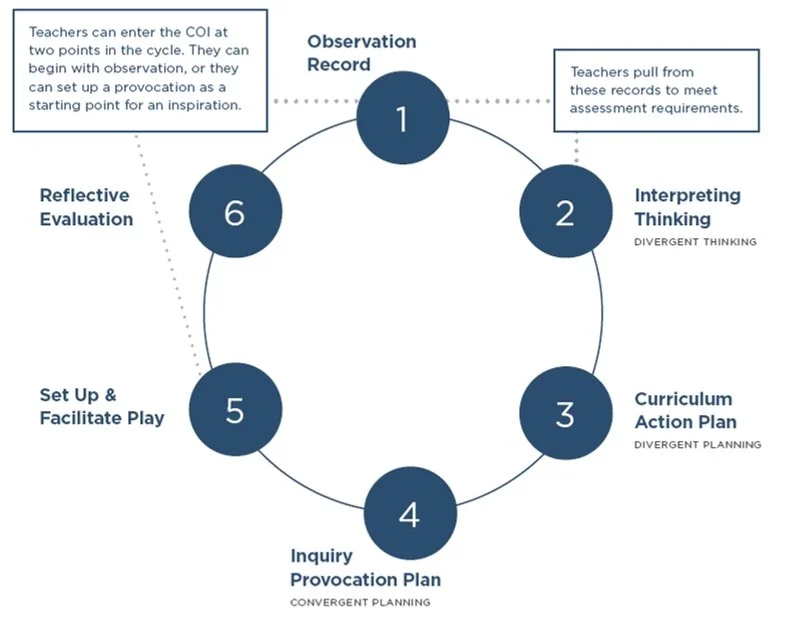Reggio Emilia Approach
In the Reggio approach, children are viewed as strong, rich and capable. They are seen as having preparedness, potential, and curiosity and are agents in constructing their own learning.
We have adapted the Reggio Emilia philosophy – a highly respected approach that originated in Italy in the late 1940’s. Teachers and children collaborate on research projects. Teachers further encourage children to test their hypotheses through the use of materials, which in Reggio Emilia is considered “the hundred languages of children.” The curriculum changes each year with an eye on becoming curious and independent learners while also preparing children to enter the big world of kindergarten. This is an approach that encourages children to work together, challenge each other’s ideas, and learn and grow through these interactions.
“The child is made of one hundred. The child has a hundred languages, a hundred hands, a hundred thoughts, a hundred ways of thinking, of playing, of speaking. A hundred always a hundred ways of listening, of marveling, of loving, a hundred joys for singing and understanding. A hundred worlds to discover, a hundred worlds to invent, a hundred worlds to dream.”
Our teachers follow the Cycle of Inquiry practice to inform their classroom plans.




